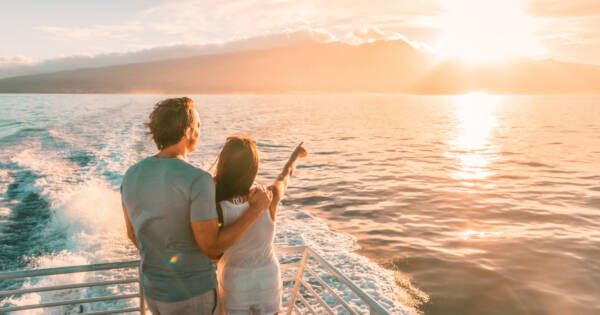- Safe and successful solo travel is as much about research as it is the experience, so do your homework.
- Make itineraries and share them with friends and family, and always buy travel insurance to cover the unexpected.
- The most important things you can do for safe solo traveling are to plan ahead, stay alert (but not scared) and be confident.
There are countless benefits to solo travel. For starters, you won’t have to accommodate other people’s plans or preferences. You can travel at your pace and do the things you want to do. If you want to spend more time at a particular place, there’s no one to stop you. The biggest benefit, though, is the personal growth from a solo travel experience.
But that same exhilarating growth makes the thought of going to a foreign land totally alone a little disconcerting. The idea of something bad happening when you’re far from home with no one to lean on can be nerve-wracking. However, when you plan ahead and take the proper precautions, you’ll take the edge off those concerns.
If you’re considering solo travel, read on to discover how to do it safely!
1. Do Your Homework
Planning keeps you safe, and much of it happens before you even set foot in your destination. It’s important to learn about the practicalities of the place you’re visiting, such as understanding the currency and finding out if you need any specific vaccinations.
You should also research the city or town you’re visiting and figure out which neighborhoods are safe and which are less so. Doing your homework goes a long way toward protecting your health and finances.
 Shutterstock/fizkes
Shutterstock/fizkes2. Always Have a Plan B
In a perfect world, you’d never have to worry about any kind of incident, whether it’s an accident or a robbery. But these things do happen. As such, when traveling to an unfamiliar place, you should have a backup plan for if something goes wrong. For example, know where your destination’s local hospitals and police stations are before you leave.
If you’re going international, learn enough of the language so you can communicate with emergency personnel. You should also have a plan in the event any of your equipment or documents are stolen or misplaced.
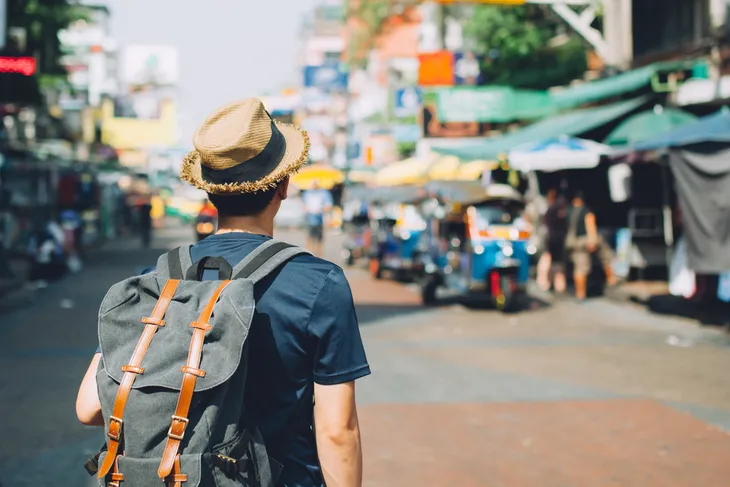 Shutterstock/Twinsterphoto
Shutterstock/Twinsterphoto3. Share Your Travel Plans
Once you’ve researched your destination and made all your plans, share them with family or a trusted friend or two. This document or email should include details of your accommodations and a general itinerary of places you intend to visit, as well as the dates.
Of course, plans aren’t always concrete, so you should also try to stay connected with your friends and family back home. Even if you aren’t big on social media, you could share your status in a group email or chat. You can also use services such as Silent Beacon that will notify emergency contacts if you don’t check in.
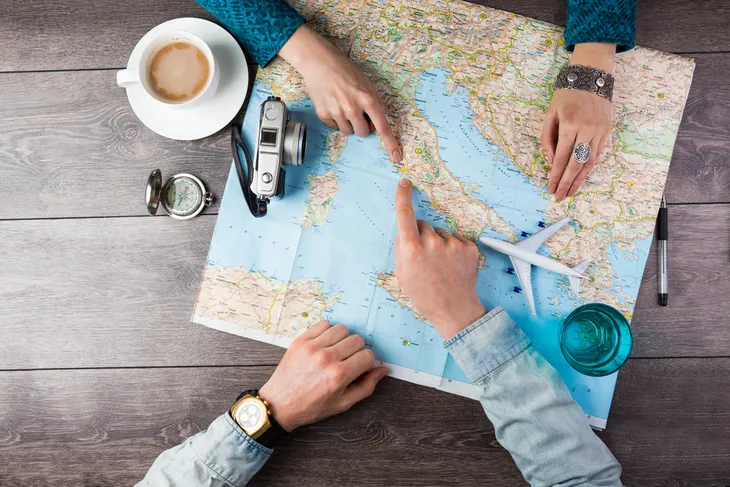 Shutterstock/Iryna Kalamurza
Shutterstock/Iryna Kalamurza4. Get Travel Insurance
Travel insurance is the ultimate must-have plan B. Good insurance will cover you on just about everything associated with your trip, including canceled flights, lost luggage, natural disasters or other unforeseen events. It can also cover unexpected medical expenses.
When you’re out and about traveling, you’re inherently more at risk of catching a bug or getting into an accident. It can even be as simple as needing a doctor’s visit after eating some less-than-savory food. It’s best to prepare for all possibilities.
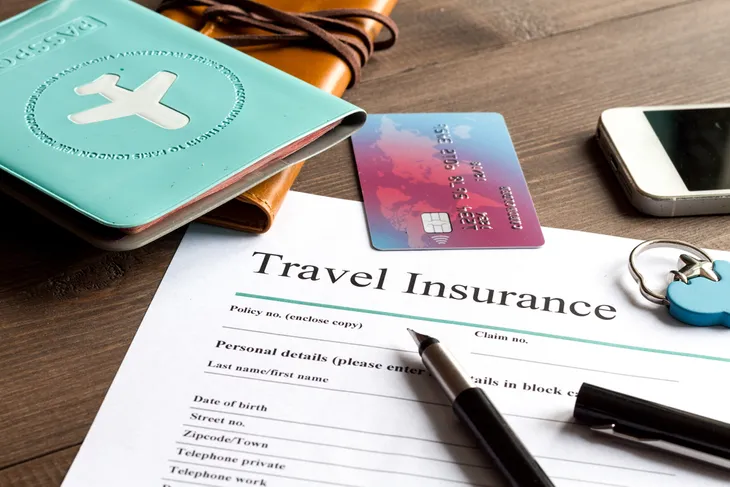 Shutterstock/279photo Studio
Shutterstock/279photo Studio5. Be Smart with Your Valuables
Once you’ve arrived at your destination, settle in and be strategic about what you take with you on your excursions. Which is to say, only bring what’s essential — some form of identification, your phone and a credit card. Keep the rest of your valuables safe and secure in your room, ideally in a safe if your accommodations have one.
It’s also a good idea to keep a photocopy of your passport in case you lose the original. Keep both in safe, but separate places. That way, for example, if your bag is stolen that contains your passport, you still have a copy to show the authorities.
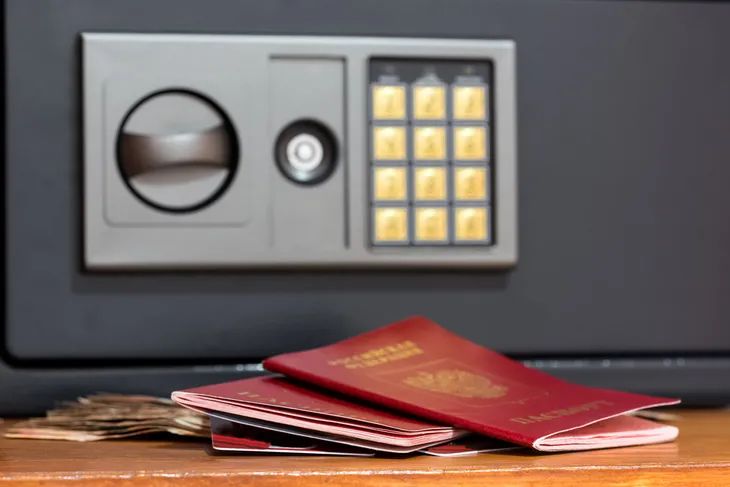 Shutterstock/photopixel
Shutterstock/photopixel6. Go with Travel Safety Gear
When you start purchasing gear for your solo adventure, keep safety in mind. There are plenty of products out there that can help keep you safe when traveling. For example, an extra place to put cash or credit cards, such as a neck stash or money belt, is a good idea if you happen to get robbed. You can also look at things such as an anti-theft day pack or purse, a first aid kit, an RFID-blocking wallet and anti-theft clothing. All are good options you might consider adding to your preflight shopping list.
Something else to consider – especially if you are planning going to restaurants or bars to meet new friends – is a device to test your drink, such as a SipChips. Having something like this can provide peace of mind when you’re out solo.
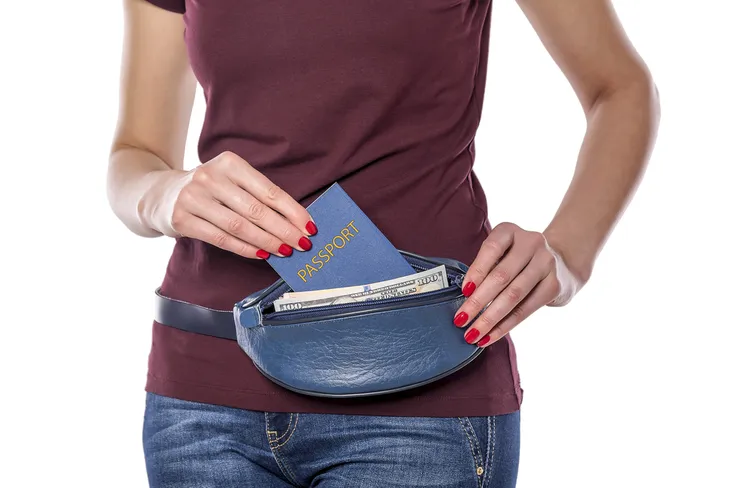 Shutterstock/Rozhnovskaya Tanya
Shutterstock/Rozhnovskaya Tanya7. Smartphone Software for Safe Travel
When used wisely, smartphones make for excellent travel companions. One of the most valuable things you’ll have on your solo adventures is easy access to maps, a compass, weather conditions and a bevy of other available apps. Make sure you know how to use these well before touching down in a strange new place.
While it’s not necessary for every destination, a VPN is sometimes a good idea. Some countries have restrictive internet policies, so you could find yourself unable to access a website you need, whether it’s a social network to stay connected or your bank’s web app.
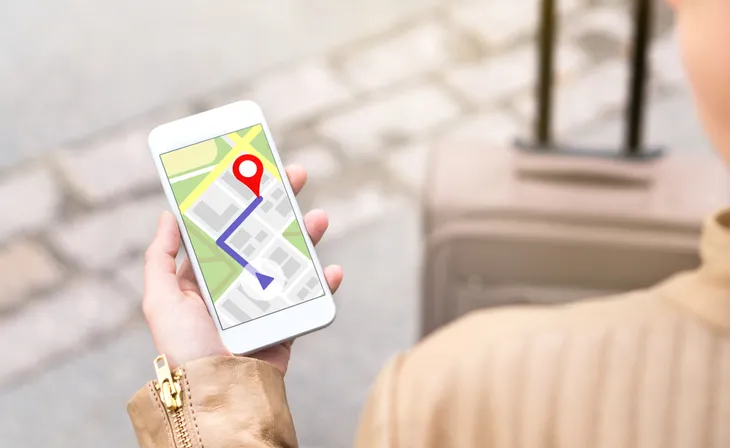 Shutterstock/Tero Vesalainen
Shutterstock/Tero Vesalainen8. Be Mindful and Stay Alert
When you’re in a completely foreign place, it’s wise to be mindful of your surroundings, the people and the situations you’re in. For example, if you go out for drinks, don’t get too wild and always keep your drinks in your sight line. Be alert, but not scared is a good rule.
You also shouldn’t give too much information about yourself to strangers. If someone asks if you’re traveling alone, tell them you’re going to meet your travel companion. If you feel like you’re a little too uncomfortable, walk closer to a group of people or pop into a crowded restaurant.
If you’re female, you can consider wearing a fake wedding band, as some female solo travellers have found that this helps deter unwanted attention from men they meet while travelling abroad.
 Shutterstock/astarot
Shutterstock/astarot9. Know Where You Are and Where You’re Going
A big part of travel is the adventure of discovering a new place, but that doesn’t mean you should go into your explorations completely blind. Before leaving, look closely at maps of your destination.
Pay close attention to landmarks that can help orient you in case you get turned around. And always understand where you are relative to your lodging, so you know where to go in the event your phone is lost or stolen.
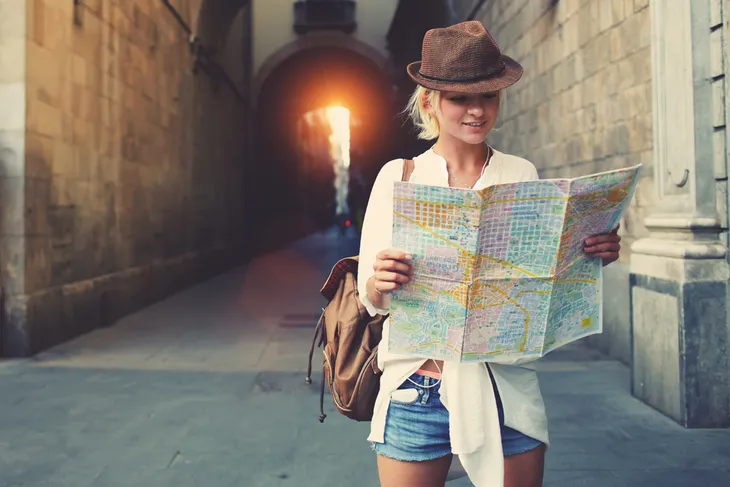 Shutterstock/GaudiLab
Shutterstock/GaudiLab10. Consider Communal Lodging, Such as Hostels
Some people prefer the privacy of having a room to themselves, but staying in a hostel or other communal lodging can be safer for solo travellers. Most hotel booking sites have options for hostels — even Airbnb shows rooming options.
Making a few acquaintances who are also traveling alone or new to the place you’re in can make you feel less isolated and might even provide opportunities for group outings. Just because you’re traveling solo doesn’t mean you have to spend the entire trip alone.
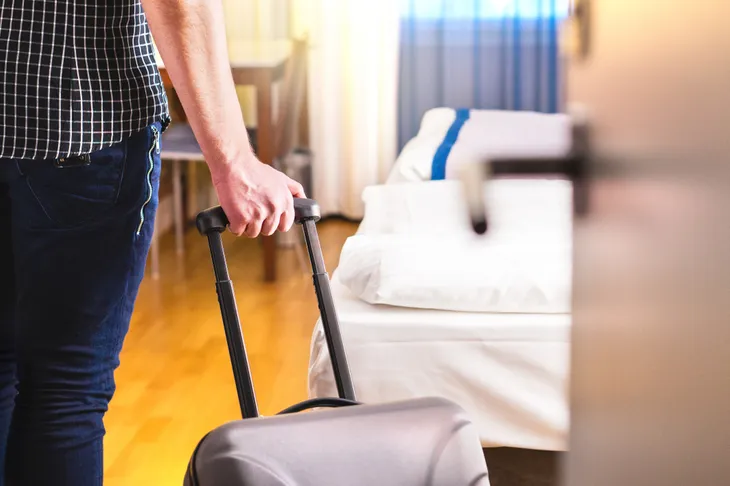 Shutterstock/Tero Vesalainen
Shutterstock/Tero Vesalainen11. Meet Other Travelers
Whether you choose a hostel or a luxury hotel, you can still meet other people. Websites like Meetup are great for finding local groups and events to attend, where you can meet some new faces. You can also use Facebook Groups or apps, such as TravelBuddy, to connect with fellow travelers.
Leave some gaps open in your itinerary to squeeze in an unexpected festival or party that didn’t show up in your research. These types of events are great for meeting people — at the end of the day, rolling with a group can be safer than going it alone.
 Shutterstock/Dean Drobot
Shutterstock/Dean Drobot12. Be Confident
When you’re traveling to a new place, there will undoubtedly be times when you’ll want to take in the awe of a beautiful vista or something cultural. But as a solo traveler, you should do your best to blend in and present yourself confidently. Throw your shoulders back, walk with purpose and give off a vibe that tells others you know where you’re going — even when you don’t.
Solo travel is exhilarating and it doesn’t have to be dangerous. With a little courage and plenty of preparation, you can become an international jet setter, all by yourself.
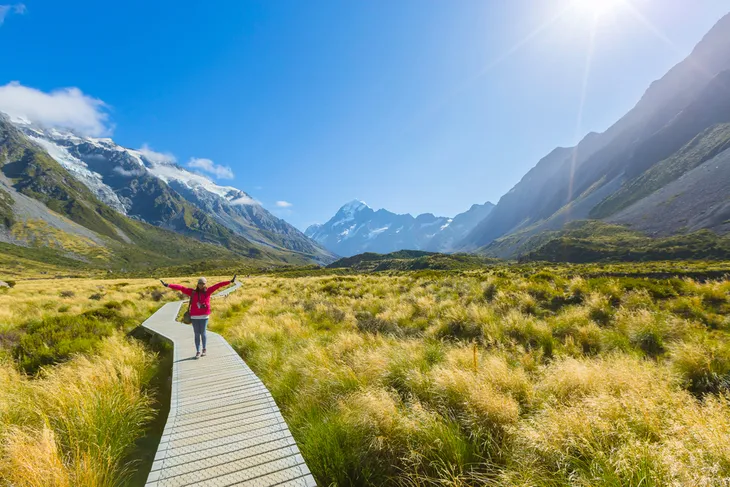 Shutterstock/Lab Photo
Shutterstock/Lab Photo
